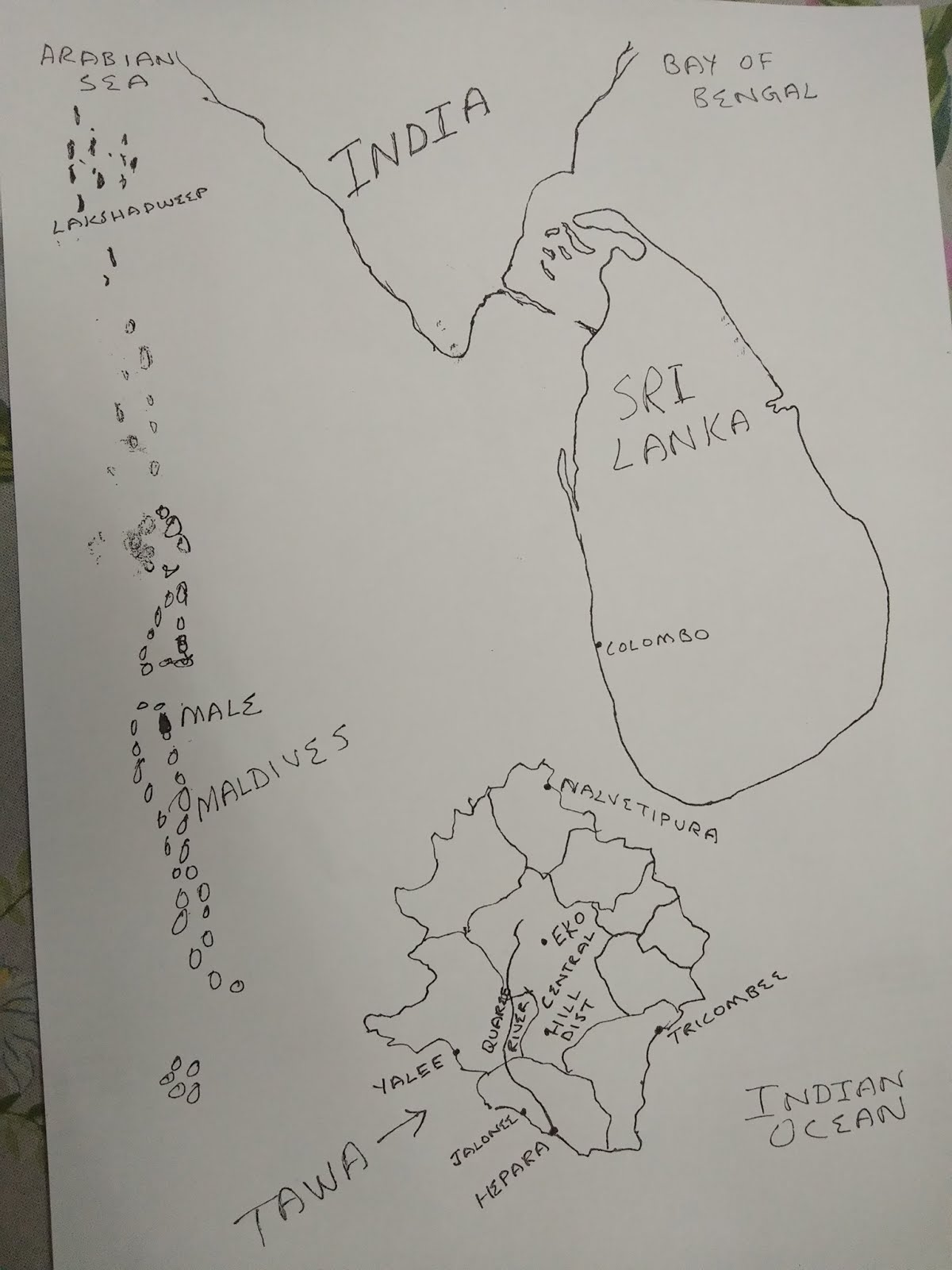When Puthu and Krishnan open their eatery in British ruled Singapore in the early part of 20th century, they choose to serve curried puffs and Kopi, the black coffee traditional to the Malay peninsula, instead of the standard heavy south Indian fare served at restaurants like the Anna Vilas. We are not told if the curried puffs were spicy or mild, but I’m assuming they were ‘somewhere in between’, not too mild to turn off the Indians in Singapore and not too spicy to turn off the others. Pallavi Gopinath Aney’s Kopi, Puffs & Dreams maintains that not-too-spicy-not-too-mild ambience throughout the novel, in the prose, its plot, the wry humour and the twists and turns, of which there are many.
They served meat too, in their
café, though both men had started eating fish and chicken only after they
arrived in Malaysia. In that sense, both men, but especially Puthu, constantly
push their boundaries. Puthu is a visionary, a man much ahead of his times and
he takes Krishnan with him, grumbling, dithering and even pulling back, as they
establish a restaurant chain in Singapore. Puthu and Krishnan are quite
different, though not exactly chalk and cheese. Puthu is from an upper class
family, while Krishnan is from a broken home, his mother an alcohol addict,
whose preoccupation with the bottle made Krishnan learn to cook. Krishnan too pushes the boundaries in his
personal life, maybe more than Puthu ,as he marries the daughter of their
well-to-do businessman landlord, without the consent or even knowledge of the bride’s parents.
Puthilath Parasuraman, Puthu for
short, is a peculiar man, different from most other men. In a way, it is this
difference that made Puthu board a ship for Malaya and his upper class Palakkad
family was only too glad to be rid of him. Aney keeps her readers guessing about
Puthu’s peculiarity till the very end. Puthu is not necessarily a warm
personality. Though generous to those close to him, he is calculating. Nevertheless,
Aney makes her readers fall in love with him from the first page. One ends up
liking Puthu even more than Krishnan, though Krishnan is the better looking
man, the people’s person, loyal and good. Puthu’s and Krishnan’s friendship is
so heart-warming, as they navigate foreign lands, that one starts wondering
immediately whether it will stand the test of time.
Aney’s language is elegant, in a classic 20th
century sort of way, writing with a light touch and a deft turn of phrase. The best part of Kopi, Puffs & Dreams
is that Aney captures the atmosphere of early 20th century India,
Malaysia and Singapore very well. However, certain values and skills are the
same, whether it be the 20th century or
the 21st. Puthu’s market survey before
setting up his venture in Singapore would put a modern day entrepreneur to
shame. Years later, when faced with a law suit from his investor, Puthu turns
lawyer and wriggles out of his trouble. On landing in Malaya, Puthu receives a
very rough welcome, something very different from what he had envisaged.
However, his bad luck doesn’t last for long and he is on his feet in the
beautiful Jacaranda House, which reminded me of Manderley in Daphne du
Maurier's Rebecca. The bulk of the novel is set in Singapore and names like Serangoon Road,
Orchard Road, Penang Road, Joo Chiat and Nassim Hill crop up from time to time.
As mentioned in the beginning, Kopi, Puffs & Dreams
is full of sudden, gentle roller-coaster spins, which turn the facts upside
down and show everything in a different mild light. I don’t want to say much more and give away the
plot or the ending. I really enjoyed reading Kopi, Puffs & Dreams and
highly recommend it to one and all.






